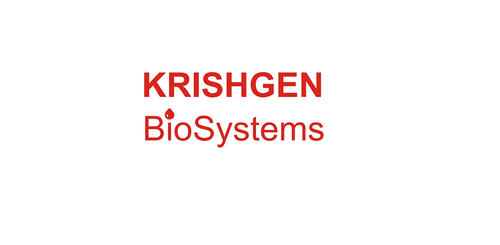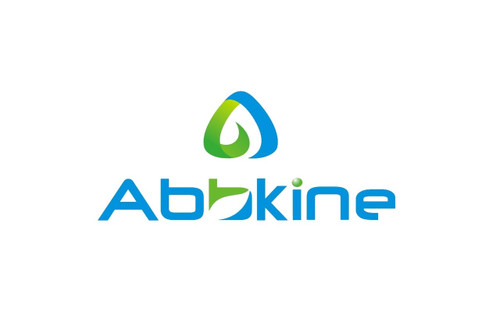Product Description
Human Alpha-actinin-4 (ACTN-4) ELISA Kit | AE23658HU | Abebio
Species Reactivity: Human (Homo sapiens)
Abbreviation: ACTN4
Alternative Name: ACTININ-4; DKFZp686K23158; FSGS; FSGS1; actinin alpha4 isoform
Application: ELISA
Range: 0.78-50 ng/mL
Sensitivity: 0.32 ng/mL
Intra-Assay: ≤5.2%
Inter-Assay: ≤9.1%
Recovery: 1, 01
Sample Type: Serum, Plasma, Other biological fluids
Detection Method: Sandwich
Analysis Method : Quantitive
Test Principale: This assay employs a two-site sandwich ELISA to quantitate ACTN4 in samples. An antibody specific for ACTN4 has been pre-coated onto a microplate. Standards and samples are pipetted into the wells and anyACTN4 present is bound by the immobilized antibody. After removing any unbound substances, a biotin-conjugated antibody specific for ACTN4 is added to the wells. After washing, Streptavidin conjugated Horseradish Peroxidase (HRP) is added to the wells. Following a wash to remove any unbound avidin-enzyme reagent, a substrate solution is added to the wells and color develops in proportion to the amount of ACTN4 bound in the initial step. The color development is stopped and the intensity of the color is measured.
Product Overview: Alpha actinins belong to the spectrin gene superfamily which represents a diverse group of cytoskeletal proteins, including the alpha and beta spectrins and dystrophins. Alpha actinin is an actin-binding protein with multiple roles in different cell types. In nonmuscle cells, the cytoskeletal isoform is found along microfilament bundles and adherens-type junctions, where it is involved in binding actin to the membrane. In contrast, skeletal, cardiac, and smooth muscle isoforms are localized to the Z-disc and analogous dense bodies, where they help anchor the myofibrillar actin filaments. Alpha-actinin-4 is a nonmuscle, alpha actinin isoform which is concentrated in the cytoplasm, and thought to be involved in metastatic processes. Mutations in this gene have been associated with focal and segmental glomerulosclerosis.
Stability: The stability of ELISA kit is determined by the loss rate of activity. The loss rate of this kit is less than 5% within the expiration date under appropriate storage condition. The loss rate was determined by accelerated thermal degradation test. Keep the kit at 37°C for 4 and 7 days, and compare O.D.values of the kit kept at 37°C with that of at recommended temperature. (referring from China Biological Products Standard, which was calculated by the Arrhenius equation. For ELISA kit, 4 days storage at 37°C can be considered as 6 months at 2 - 8°C, which means 7 days at 37°C equaling 12 months at 2 - 8°C) .
 Euro
Euro
 USD
USD
 British Pound
British Pound
 NULL
NULL












